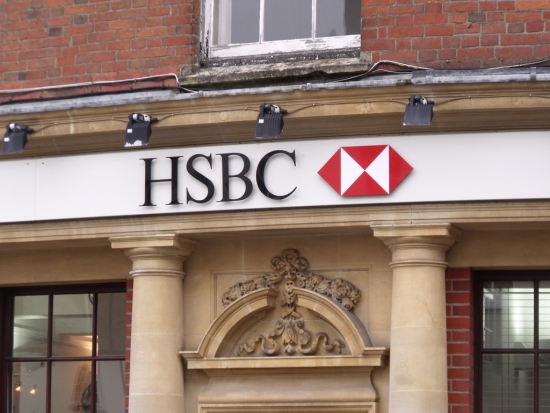The financial crisis took a lasting toll on British business, with experts from the retail and leisure industries consistently reporting low consumer confidence as a result of dwindling household incomes. However, the service sector also felt strong repercussions of the tough economic times, with businesses forced to make dramatic cutbacks in a bid to stay afloat.

This week, it was revealed that Britain’s “big four” banking chains axed more than 189,000 jobs internationally in a bid to return to profitability. The Royal Bank of Scotland, Lloyds Banking Group, Barclays and HSBC will have cut their combined employee numbers by 24 per cent since the start of the financial crisis, from a peak of 795,000 in 2008 to only 606,000 by the end of this year.
Unfortunately, unions have warned workers in the financial sector that worse is yet to come as the mass job cuts have proven to be extremely beneficial to the profits of these chains. In fact, of the four only Barclays failed to post a profit during the first quarter of this year, yet this has been put down to significant investment in the group’s restructuring programme.
HSBC, the largest banking chain in Europe, reported profits of $8.4 billion – almost double the amount made in the first quarter of 2012. However, this achievement has come at a cost, as the group now employs only 254,000 workers compared to the 313,000 positions filled in 2008.
In total, 1,100 UK workers were affected by cuts at HSBC, and chief executive Stuart Gulliver intends to cut further jobs worldwide. This means that by the end of 2016 HSBC will employ only 240,000 people
Meanwhile, Royal Bank of Scotland Holdings cut 78,000 jobs following a significant £45 billion bailout by the taxpayer. While much of the losses have been put down to the merging of RBS, Fortis and Santander, high street branches still lost 4,000 staff members altogether and further cuts could well be in the pipeline according to the chairman, Sir Philip Hampton.
In the first quarter, RBS managed to post a profit £826 million, dramatically reversing its fortunes from the same period last year when it lost a total of £1.4 billion.
Unite spokesman Andrew Case believes that, while banks are of course businesses and therefore must make a profit, the volume of jobs being cut is “unjustified”.
He says; “The amount of jobs we are seeing disappear from the banks is concerning and at the moment we would be foolish to be complacent that we have seen the last of it.
“We expect banks to do everything they can to avoid job losses and we want more from banks that are owned by the public – the last thing the public want is for banks to be shedding jobs and for people to be collecting benefits that the taxpayer pays for.”
With the situation clearly improving in the financial sector, it must be hoped that the stream of job losses will slow or even stop entirely in the coming year.
However, research conducted by CBRE reveals that 72 per cent of banks are planning to streamline their commercial property assets over the next two years in response to the changed economic landscape.
Previous Post
Newsagents Battle against Mini Supermarket Boom